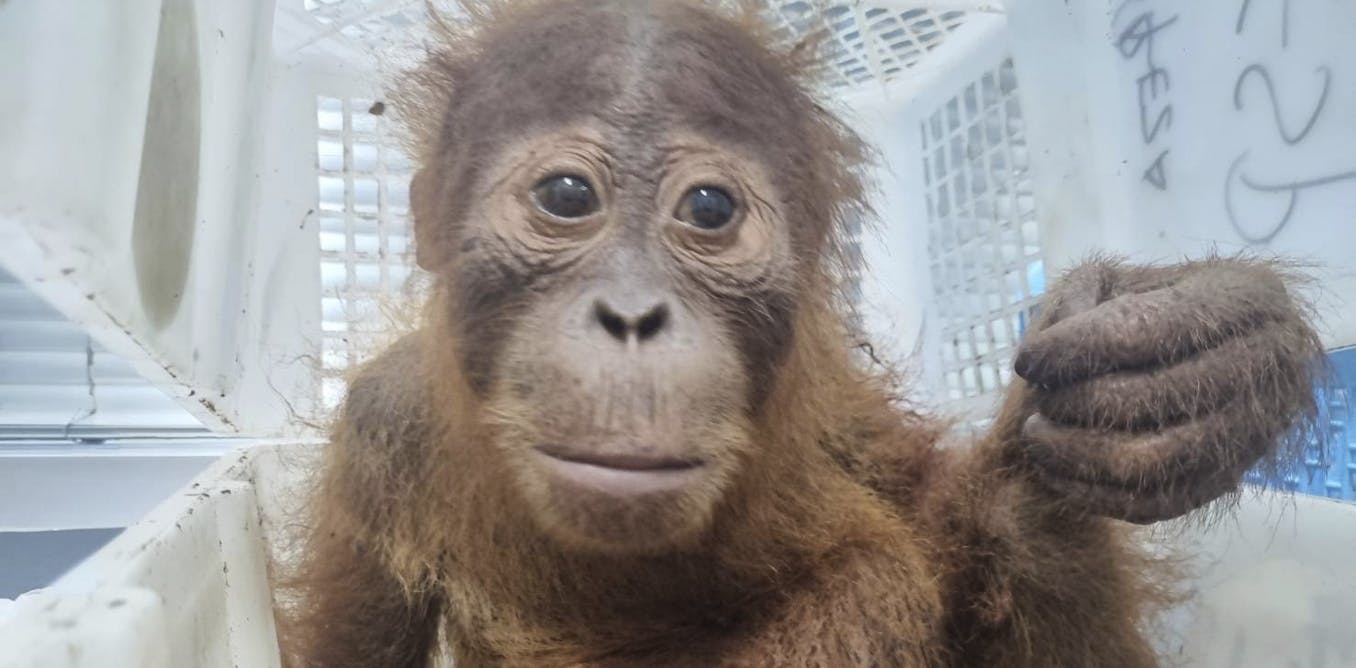In April, Microsoft’s CEO said that artificial intelligence now wrote close to a third of the company’s code. Last October, Google’s CEO put their number at around a quarter. Other tech companies can’t be far off. Meanwhile these firms create AI, which will presumably be used to help programmers further.
Researchers have long hoped to fully close the loop, creating coding agents that recursively improve themselves. New research reveals an impressive demonstration of such a system. Extrapolating, one might see a boon to productivity, or a much darker future for humanity.
“It’s nice work,” said Jürgen Schmidhuber, a computer scientist at the King Abdullah University of Science and Technology (KAUST), in Saudi Arabia, who was not involved in the new research. “I think for many people, the results are surprising. Since I’ve been working on that topic for almost forty years now, it’s maybe a little bit less surprising to me.” But his work over that time was limited by the tech at hand. One new development is the availability of large language models (LLMs), the engines powering chatbots like ChatGPT.
In the 1980s and 1990s, Schmidhuber and others explored evolutionary algorithms for improving coding agents, creating programs that write programs. An evolutionary algorithm takes something (such as a program), creates variations, keeps the best ones, and iterates on those.
But evolution is unpredictable. Modifications don’t always improve performance. So in 2003, Schmidhuber created problem solvers that rewrote their own code only if they could formally prove the updates to be useful. He called them Gödel machines, named after Kurt Gödel, a mathematician who’d done work on self-referencing systems. But for complex agents, provable utility doesn’t come easily. Empirical evidence may have to suffice.
The Value of Open-Ended Exploration
The new systems, described in a recent preprint on arXiv, rely on such evidence. In a nod to Schmidhuber, they’re called Darwin Gödel Machines (DGMs). A DGM starts with a coding agent that can read, write, and execute code, leveraging an LLM for the reading and writing. Then it applies an evolutionary algorithm to create many new agents. In each iteration, the DGM picks one agent from the population and instructs the LLM to create one change to improve the agent’s coding ability. LLMs have something like intuition about what might help, because they’re trained on lots of human code. What results is guided evolution, somewhere between random mutation and provably useful enhancement. The DGM then tests the new agent on a coding benchmark, scoring its ability to solve programming challenges.
Some evolutionary algorithms keep only the best performers in the population, on the assumption that progress moves endlessly forward. DGMs, however, keep them all, in case an innovation that initially fails actually holds the key to a later breakthrough when further tweaked. It’s a form of “
Read full article: AI Coding Agents Use Evolutionary AI to Boost Skills

The post “AI Coding Agents Use Evolutionary AI to Boost Skills” by Matthew Hutson was published on 06/26/2025 by spectrum.ieee.org




































Leave a Reply